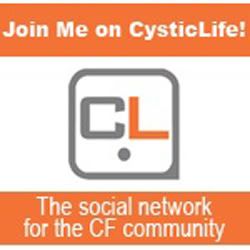 I'm probably the only one, but I found the following article fascinating for two reasons: I'm from Arizona and I love salt.
I'm probably the only one, but I found the following article fascinating for two reasons: I'm from Arizona and I love salt. Arizona is taking steps to improve the health of its residents. The state joined a national initiative to cut 20 percent of sodium from diets in the next five years.
"Most people are eating twice as much salt as they should and about 80 percent of it comes from pre-processed foods, like canned soups and frozen dinners," said Will Humble, Interim Director of the Arizona Department of Health Services.
"The fact is the sodium line in the nutrition facts label is just as important as the fat line, but it's often ignored. The overall goal is to get food processors to reduce the amount of salt in their products. Until that happens, everyone has to pay a lot more attention to the sodium information in the nutritional facts."
A recent study in the New England Journal of Medicine found that cutting dietary salt by three grams per day could reduce coronary heart disease and stroke.
Humble says if we cut 30 percent of the salt out of our diet, it would have the same benefit as half the smokers in the state quitting.
"If we were able to knock back 30 percent, the amount of salt that folks eat here in Arizona by 30 percent, it would be the public health equivalent of getting half of Arizona smokers to quit cold turkey today," said Humble.
Too much salt causes things like high blood pressure which leads to higher medical costs.
"Every year in Arizona, we spend between 200 and 400 million dollars that we don't need to spend on controlling blood pressure and the consequences that come from eating too much salt," said Humble.
Humble says a lot of salt comes from processed foods which makes cutting back on salt harder than you think.
"Initially, folks think, ‘Well, I don't use much salt from the salt shaker so I'm okay.' Well, you're not okay because 80 percent of the salt that you're getting is coming from processed foods," said Humble.
One way to reduce sodium intake is to watch what you buy at the grocery store and the places you eat. Fresh fruits, vegetables and meats are naturally low in sodium, while the amount in processed foods varies greatly. Nutrition labels help make healthy choices about sodium in bread, sausage, chips, etc.
Full article at http://ktar.com/?nid=6&sid=1264096










